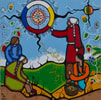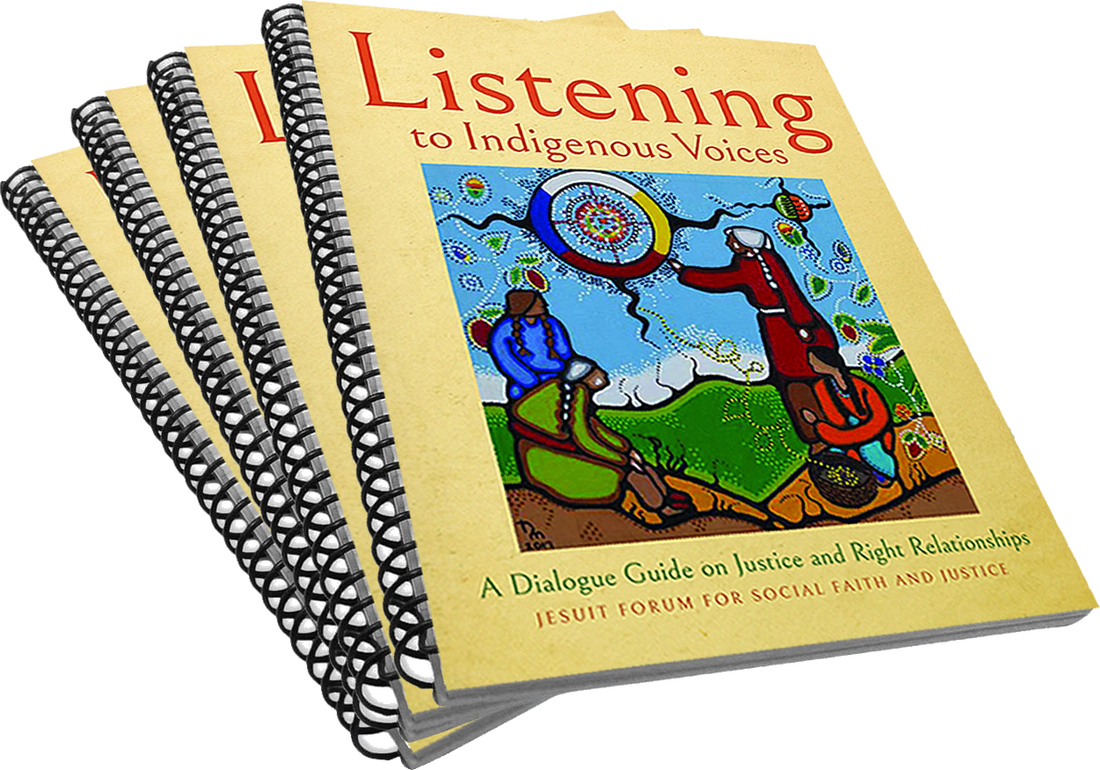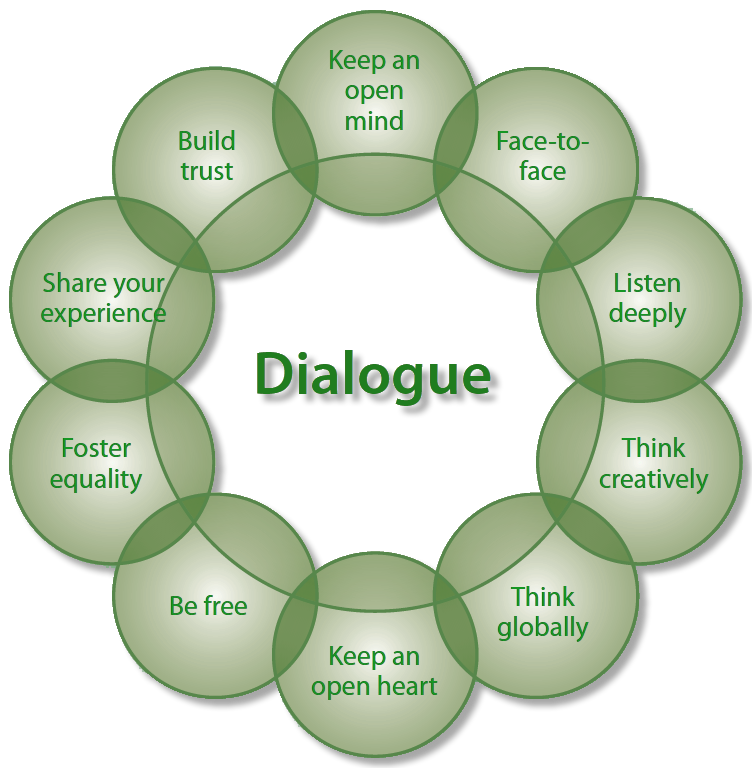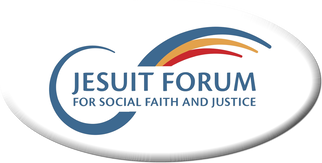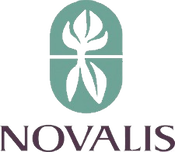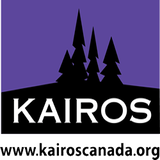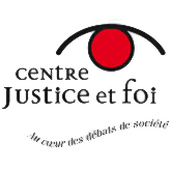"Together, Canadians must do more than just talk about reconciliation; we must learn how to practise reconciliation in our everyday lives--
within ourselves and our families, and in our communities, governments, places of worship, schools, and workplaces.
To do so constructively, Canadians must remain committed to the ongoing work of establishing and maintaining respectful relationships."
—The Truth and Reconciliation Commission of Canada (Final Report, Volume I)
|
Form a Group
The guide is a self-contained kit to engage with others on themes related to justice, reconciliation, right relationships, and decolonization with Indigenous Peoples. It is intended to stimulate dialogue and reflection in small groups and classrooms.
Groups of 8-12 (or even 5-7 if using online) are an ideal size for the sharing circle process. If you can, make your group as diverse as possible, including Newcomers, Settlers, and Indigenous persons. Groups could form in schools, organizations, communities, workplaces, or wherever people gather. |
Get the Guide
The guide is available in both English and French for $19.95 plus mailing costs. Bulk pricing is available for those ordering 10 copies or more.
|
Gather Together
Before beginning the first session, gather the group together to explain the process and begin to get to know each
other using the following questions: 1. Introduce yourself, placing more emphasis on your personal story rather than what you do. 2. In whose traditional territory did your grandmother or grandfather (choose one) live? How did they come to be there? What is your own relationship to that territory today? 3. Why are you interested in this process? What brings you here? What do you hope to learn? 4. What does reconciliation mean for you? |
|
The Sharing Circle
The guide process uses a sharing circle to engage in dialogue & reflection:
|
KAIROS Blanket Exercise
The guide is intended to deepen the process of reflection that many groups have begun using the KAIROS Blanket Exercise. If your group has not yet done this exercise, please do so before Session Two.
Developed in collaboration with Indigenous Elders, Knowledge Keepers, and educators, the KAIROS Blanket Exercise (KBE) is an interactive and experiential teaching tool that explores the historic and contemporary relationship between Indigenous and non-Indigenous peoples in the land we now know as Canada. During a 2-3 hour workshop, participants step on blankets representing the land and into the role of Indigenous Peoples. ► Find out more or book a session here |
|
Classroom Connections
Each session includes suggestions for activities that can be used in a classroom setting.appropriate for high school or post-secondary settings. Non-school groups may find these activities helpful if they are looking for ideas for further engagement. |
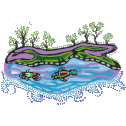
Spiritual Reflections
We also provide reflections from a variety of spiritual and ethical traditions online that can be used in faith communities and spirituality groups. We also welcome additional contributions. Please send us suggestions or reflections to [email protected] |
Listening to Indigenous Voices has been created by an editorial team from:
The Jesuit Forum for Social Faith and Justice
70 St. Mary Street, Toronto, Ontario, M5S 1J3
416-927-7887
www.jesuitforum.ca
[email protected]
Web banner artwork by Patuo'kn Illustration and Design and Diane Montreuil
Listening to Indigenous Voices is published by Novalis and produced in collaboration with KAIROS and Centre justice et foi
The Jesuit Forum for Social Faith and Justice
70 St. Mary Street, Toronto, Ontario, M5S 1J3
416-927-7887
www.jesuitforum.ca
[email protected]
Web banner artwork by Patuo'kn Illustration and Design and Diane Montreuil
Listening to Indigenous Voices is published by Novalis and produced in collaboration with KAIROS and Centre justice et foi
Proudly powered by Weebly
